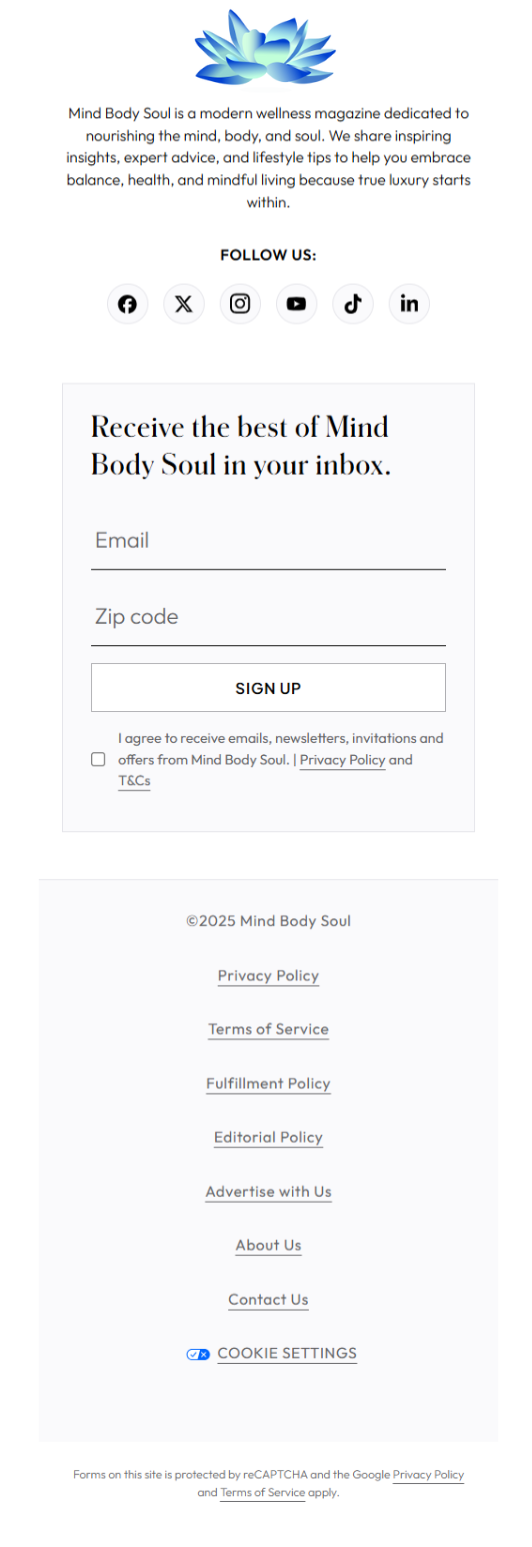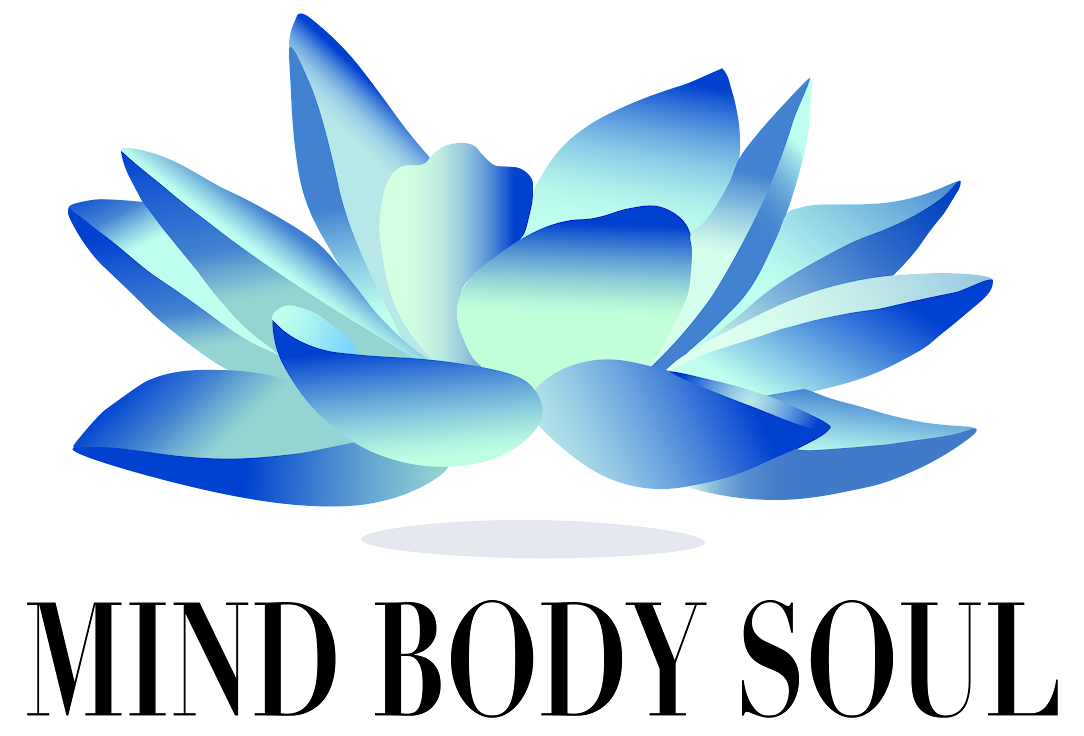

Your Beauty, Enhanced.
Discover how Dr. Deniz Sarhaddi blends artistry, precision, and compassion to deliver subtle, natural transformations that reflect your true self.
Resource Sections
Mind

Heal Your Hunger

Beyond Good Intentions
body

Holistic Healing With Yoga Therapy
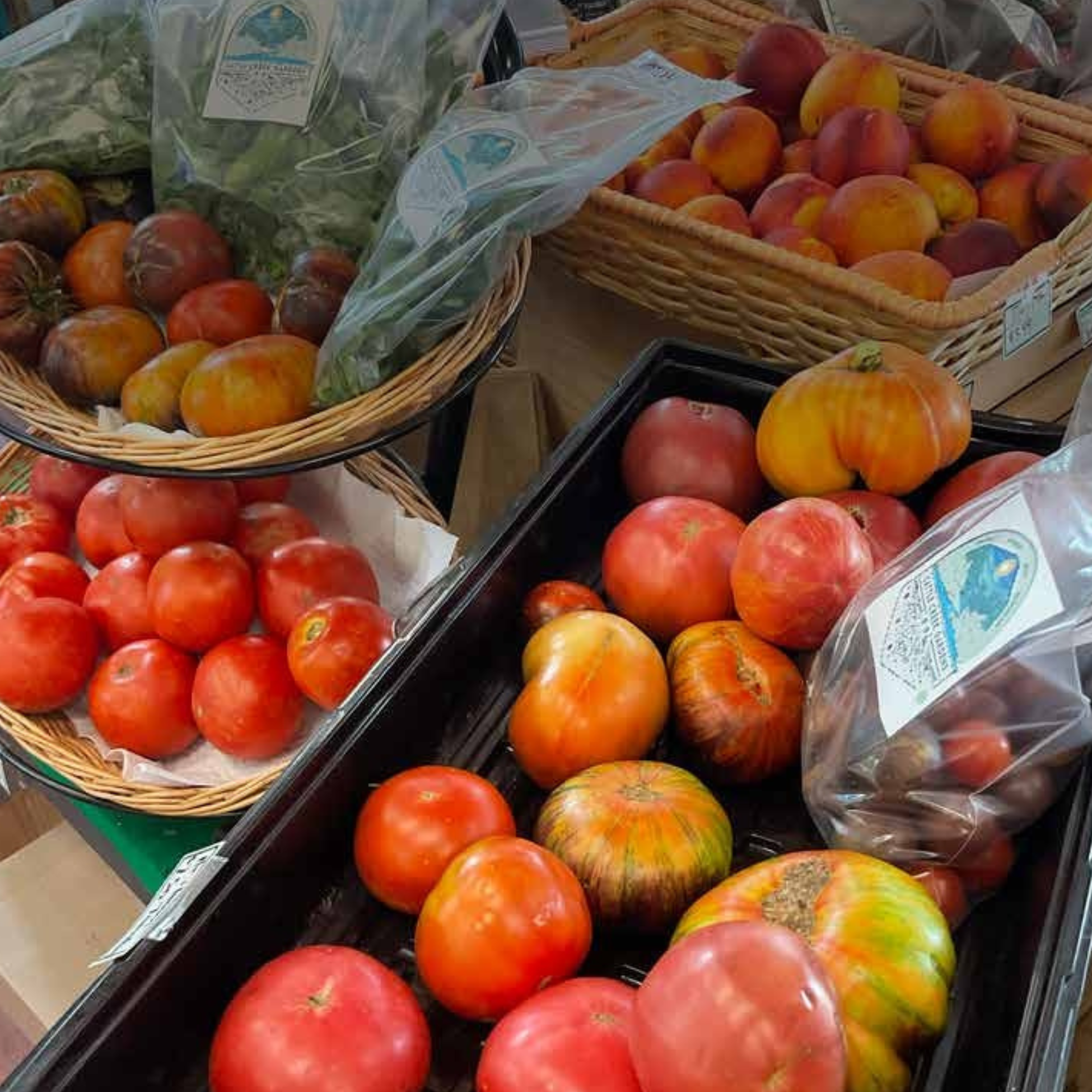
Health Portal Mana Foods in Carbondale
soul

Your New Life Story Starts Here!
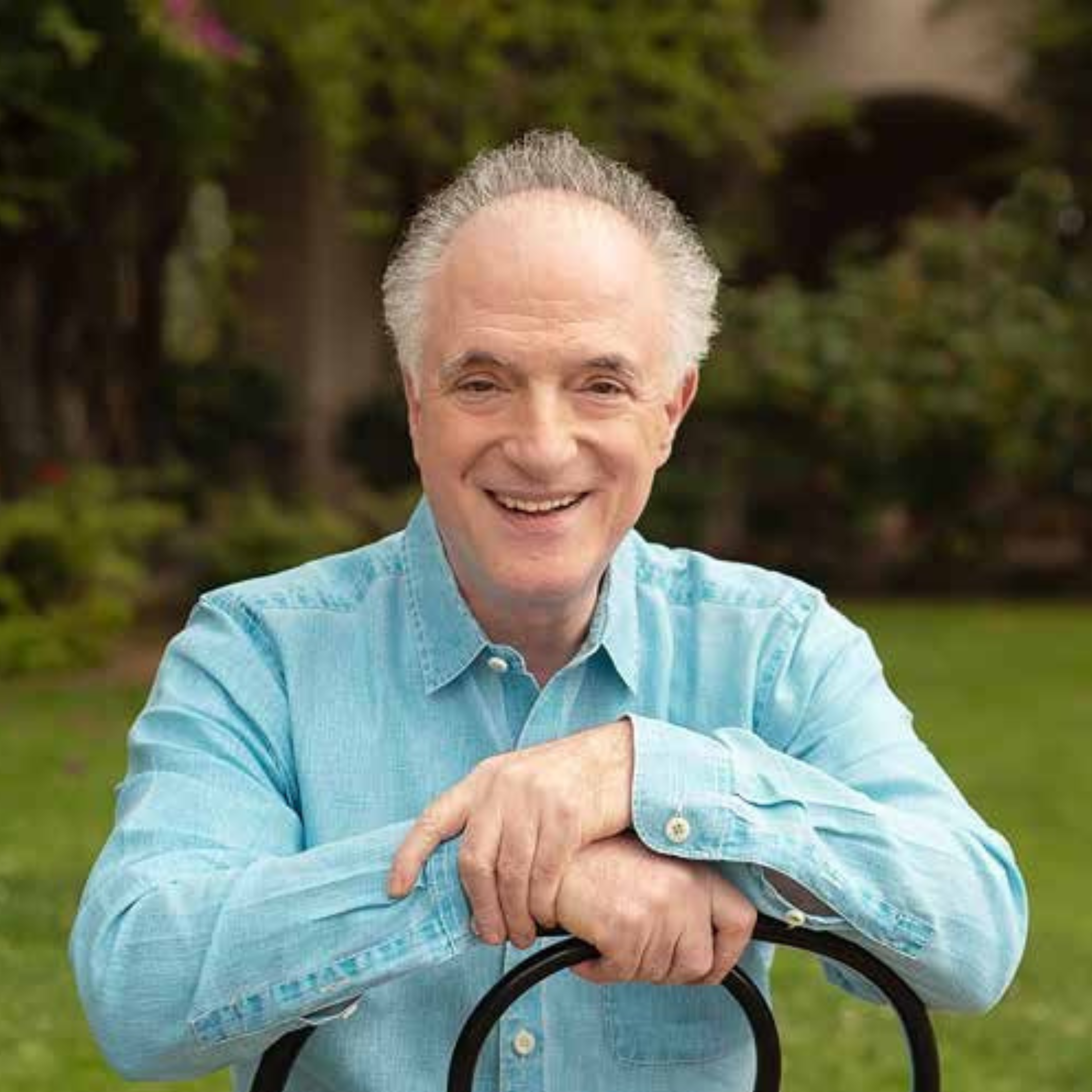
Tapping Into the Spiritual Roots Of Physical Life
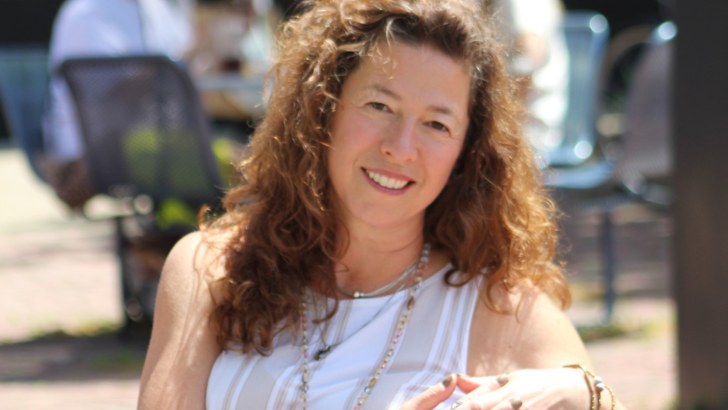
My Lessons From the Mud
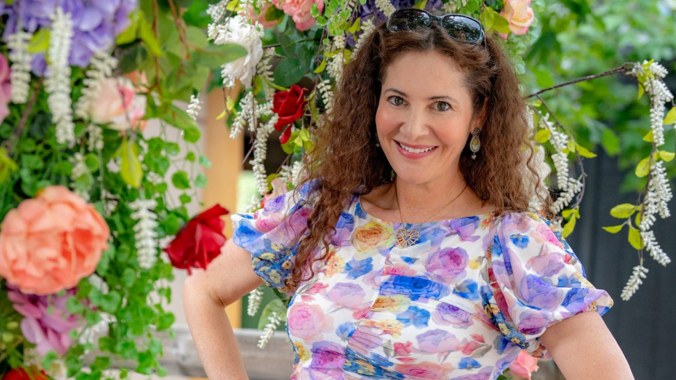
Stick With Your Story
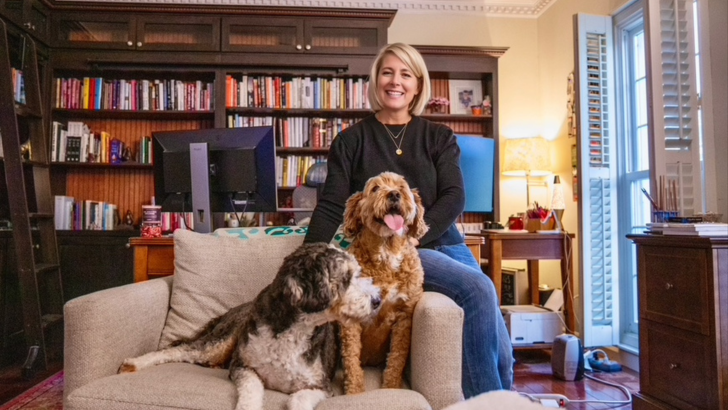
How to Rejuvenate Yourself

Past Life Regression: Exploring The Unknown

Isn’t It Electric

Welcome to Healthy, Radiant Skin

5 Retreats For Your Empowerment

Why Lifelong Learning Keeps Your Mind Young

Isn’t It Electric

Welcome to Healthy, Radiant Skin

5 Retreats For Your Empowerment
Mind

90 Days to Better Health Habits
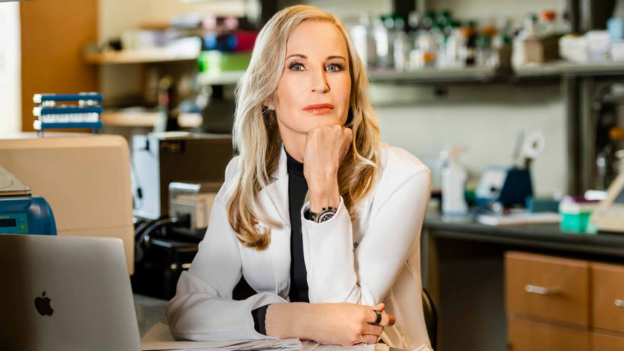
The Greates Adventure Lies Within You
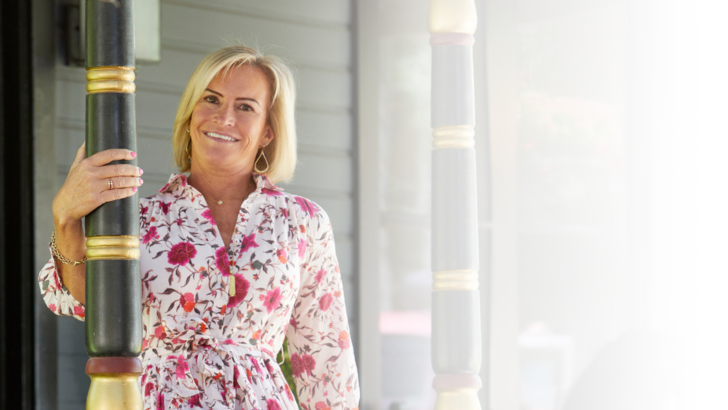
A Woman on Top
RELATED TO MIND : Self-Discovery – Inner Strength – Personal Growth – Mindset & Motivation – Life Purpose
Body

Are You Ready To Step Into A Revitealize Life?
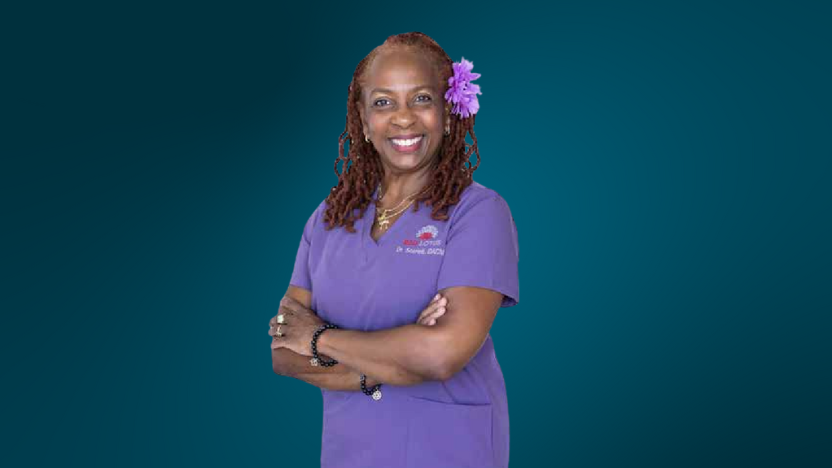
Achieving Holistic Wellness

Your Home Is Your Sanctuary
RELATED TO BODY : Physical Wellness – Lifestyle Transformation – Mind-Body Connection – Stress Management – Energy & Vitality
Soul
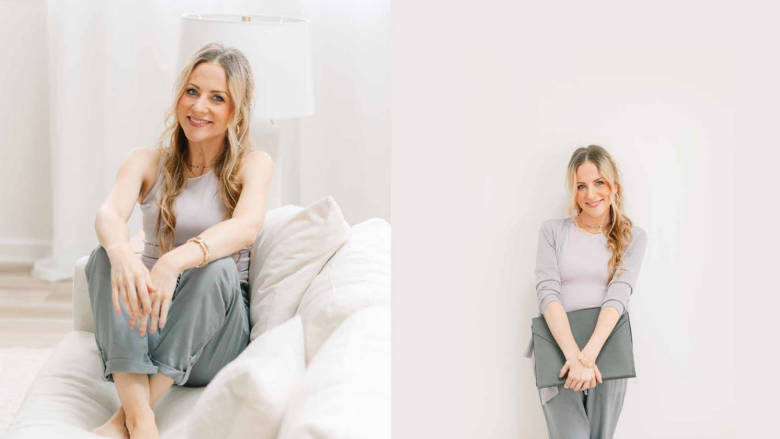
Finder Greater Purpose In Life

Empowermnent With Fashion
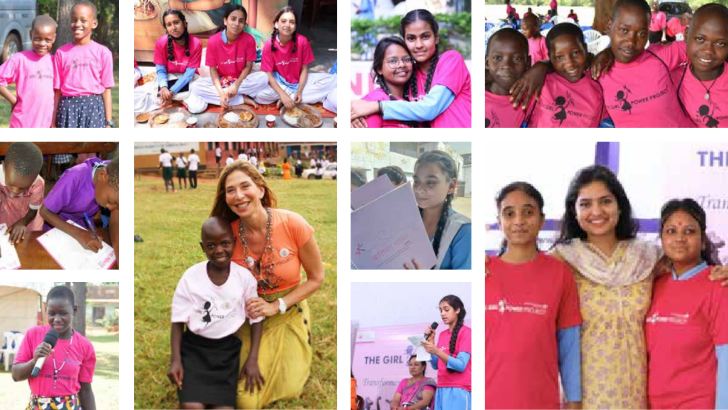
Good Karma: Just Like My Child Foundation
RELATED TO SOUL : Self-Discovery – Mindfulness Practices – Life Purpose & Meaning – Soulful Living – Inspiration & Empowerment

